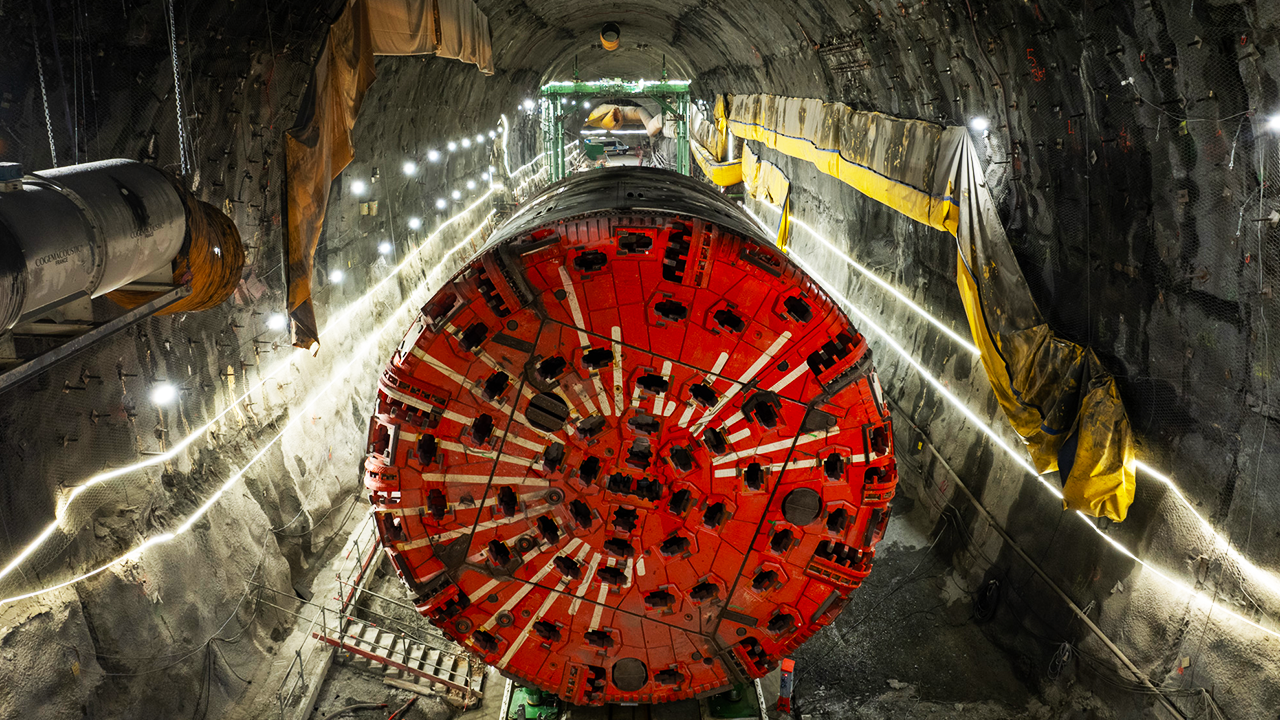What are Project Bank Accounts (PBAs)?
- Youtube Views 4,026 VIDEO VIEWS
HISTORICALLY, the construction industry has been pretty bad at paying people; especially those at the lower end of the supply chain. Here we take a look at how Project Bank Accounts (PBAs) are changing that, improving cash flow for SMEs and helping them grow their businesses.
RELATED: GOVERNMENT CONSTRUCTION STRATEGY 2016-2020 EXPLAINED
A SIMPLE SOLUTION
PBAs are central, ring-fenced bank accounts that are created specifically for a project. Client’s put their project funds into these accounts and then pay the members of their supply chain directly and simultaneously from there.
+on+The+B1M.png?Action=thumbnail&algorithm=fill_proportional&width=550)
Above: How Project Bank Accounts can expedite payment to the supply chain.
Project Bank Accounts have Trust status. This means that the funds within them are secured and can only be paid to the beneficiaries; the supply chain members who are named on the account.
The advantage of Trust status is that in cases of insolvency, the monies in the account due for payment to the supply chain are secured and can only be paid to them.
“Central, ring-fenced bank accounts that are created specifically for a project”
Project Bank Accounts can be used on schemes of any value and a number of banks around the world now offer this service. Several Forms of Contract have also now added provisions for PBA arrangements.
TRANSPARENCY + CERTAINTY
By using a Project Bank Account, firms in the construction supply chain – many of whom are small or medium sized businesses (SMEs) – can receive payments in five days or less from the due date. PBAs address unfair payment practices, ensure transparency and certainty of payment, reduce the need for borrowing and create more balanced trading environments, that in turn support growth.
“Project Bank Accounts can help to eliminate payment disputes and their associated cost”
It means that the supply chain can actually focus on the task in hand and no longer have to chase payments or finance long credit periods. Project Bank Accounts can help to eliminate payment disputes and the high costs that are often associated with them (which ultimately feed back into costs for the client). They improve trust across project teams, leading to greater collaboration.
Several projects have already been delivered with Project Bank Accounts in the UK to date.
HELPING US SHARE IN A RICHER FUTURE
Of course, this is quite an upset to the established status quo.
PBAs have been met with more than a few grumbles – especially among Tier one contractors – with critics citing additional administrative burdens and negative effects on cash flow. Speaking to Construction News, Lloyd Biddell, Cost Intelligence Team Leader at Highways England, noted that “some contractors were easier to win over than others; they lost the benefit of cash flow, a small but significant part of their income streams”.

However, Highways England, whose definitive study into PBAs was published in 2015, argue that the “administrative burden was not as significant as expected prior to implementation”, calling the extra time required by client and contractor in the creation of the PBA “relatively modest”.
"PBAs help achieve collaboration in the supply chain since it is not distracted by poor cash flow"
Rob Taylor - Environment Agency (Arcadis) - explained that “from a client’s perspective PBAs are an easy way to achieve compliance with the statutory 30 day payment obligation under the Public Contracts Regulations 2015. Moreover, PBAs will help achieve collaboration within the entire supply chain since it is not distracted by poor cash flow”.
RELATED: CONSTRUCTION 2025 EXPLAINED
Project Bank Accounts are just one part of changing the construction industry for the better and they’ll become easier to implement once the other pieces of the puzzle are there too.
You can find out more about Project Bank Accounts here.
This video was kindly powered by Viewpoint.
We welcome you sharing our content to inspire others, but please be nice and play by our rules.




